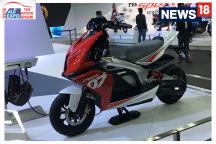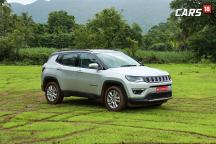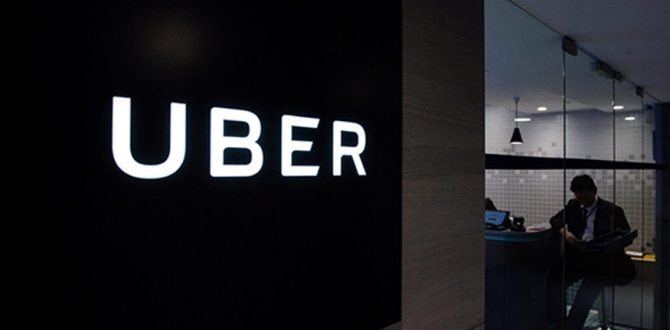“Riders wait a few minutes before their trips begin, and then walk a short distance to a nearby spot for pick up and drop off,” Uber shared rides product director Ethan Stock said in a release.
“Walking and waiting will help us make more optimal matches and provide better, straighter, faster routes with fewer detours, delivering an even more affordable and consistent option.”
Carpooling leads to cheaper fares, and lets drivers take advantage of high-occupancy vehicle lanes on highways or discounted tolls where available. Nearly a billion riders have used Uber’s original carpool service, according to Stock. Using feedback from those riders, Uber “built the next generation of shared rides from the ground up,” Stock said.
Why own cars?
Uber’s software considers compatibility of passengers, proximity of drivers, and convenience of drop-off and pick-up locations, according to the San Francisco-based company.
“The future of transportation in cities includes a shift towards more space-efficient modes of transportation and away from personal car ownership,” Zipcar co-founder Robin Chase said in the release.
“Express Pool, in combination with public transit, cycling, car-sharing and more, can help us get towards this shift, and I’m extremely excited about the potential impact this product can have on cities.”
A low-cost, convenient car pool service could also compete with public transit systems for commuter fares.
Uber tested Express Pool in San Francisco and Boston, and is expanding it to six more US cities with the official launch this week.
Uber, the titan in the ride share business, recently revealed that its losses last year swelled despite signs in the final three months that it was stemming the red ink.
Figures reported by The Information and confirmed by AFP showed that Uber’s losses in 2017 grew to $4.5 billion from the $2.8 billion the San Francisco-based firm lost a year earlier.
However, Uber lost $1.1 billion in the final quarter of 2017 as compared with $1.46 billion in the preceeding quarter as revenue rose.
Net revenue grew to $2.22 billion from $1.38 billion in the same quarter-over-quarter comparison.
Uber remains a private company, but routinely discloses some earnings information.
Even as the company has seen unprecedented growth by expanding to dozens of countries, Uber has been hurt by allegations of executive misconduct, a toxic work atmosphere, and potentially unethical competitive practices.
Dara Khosrowshahi, who was chosen as Uber CEO in August 2017, is steering the high-value startup to a stock market debut next year, and has vowed to fix the company’s work culture and business practices.
Also Watch: TVS President-NPD, Talks About Creon, Zeppelin & Apache Ethanol at Auto Expo 2018
Also Watch
-
 Auto Expo 2018: First Look of TVS Creon Concept at Auto Expo
Auto Expo 2018: First Look of TVS Creon Concept at Auto Expo
-
 Jeep Compass First Drive Review
Jeep Compass First Drive Review
-
 Cricket’s Rendition of the ‘Beautiful Game’ – Leg Cricket
Cricket’s Rendition of the ‘Beautiful Game’ – Leg Cricket
-
 5 Dishes That Make Amritsar The Food Capital Of Punjab
5 Dishes That Make Amritsar The Food Capital Of Punjab
- car pool
- Express Car Pool
- uber
- Uber Car Pool
| Edited by: Manav Sinha
 Auto Expo 2018: First Look of TVS Creon Concept at Auto Expo
Auto Expo 2018: First Look of TVS Creon Concept at Auto Expo Jeep Compass First Drive Review
Jeep Compass First Drive Review Cricket’s Rendition of the ‘Beautiful Game’ – Leg Cricket
Cricket’s Rendition of the ‘Beautiful Game’ – Leg Cricket 5 Dishes That Make Amritsar The Food Capital Of Punjab
5 Dishes That Make Amritsar The Food Capital Of Punjab- car pool
- Express Car Pool
- uber
- Uber Car Pool
| Edited by: Manav Sinha






